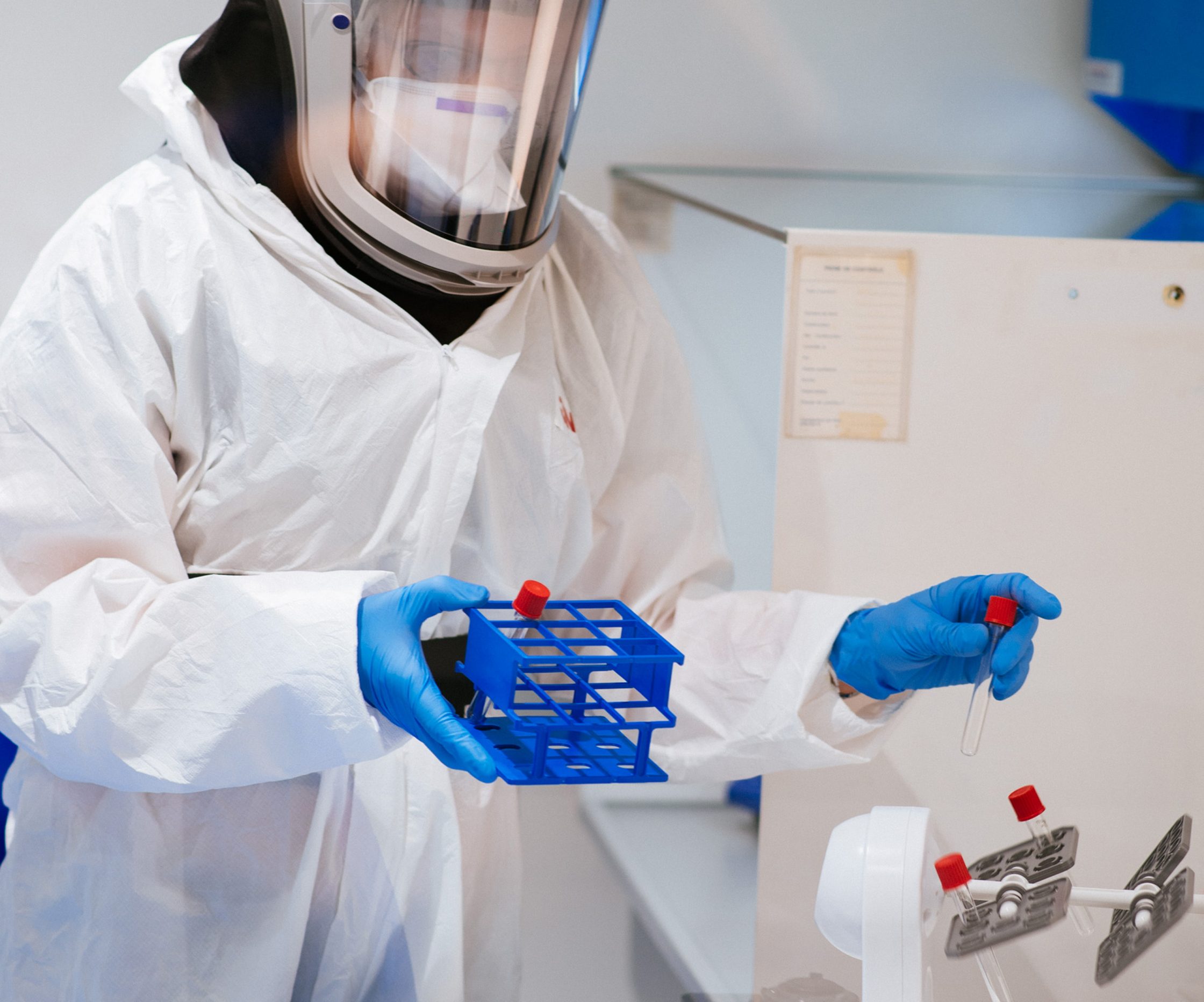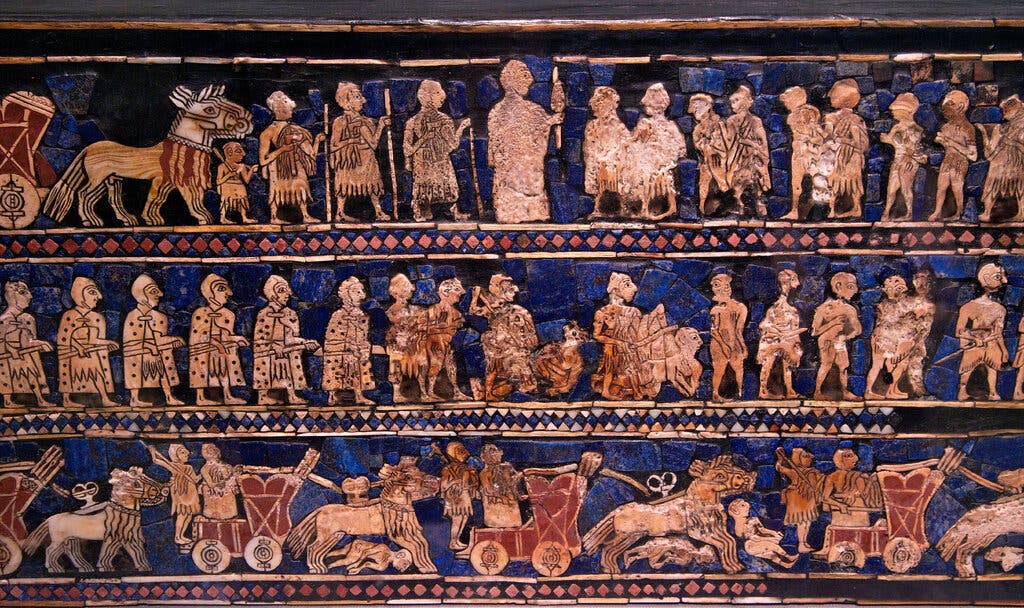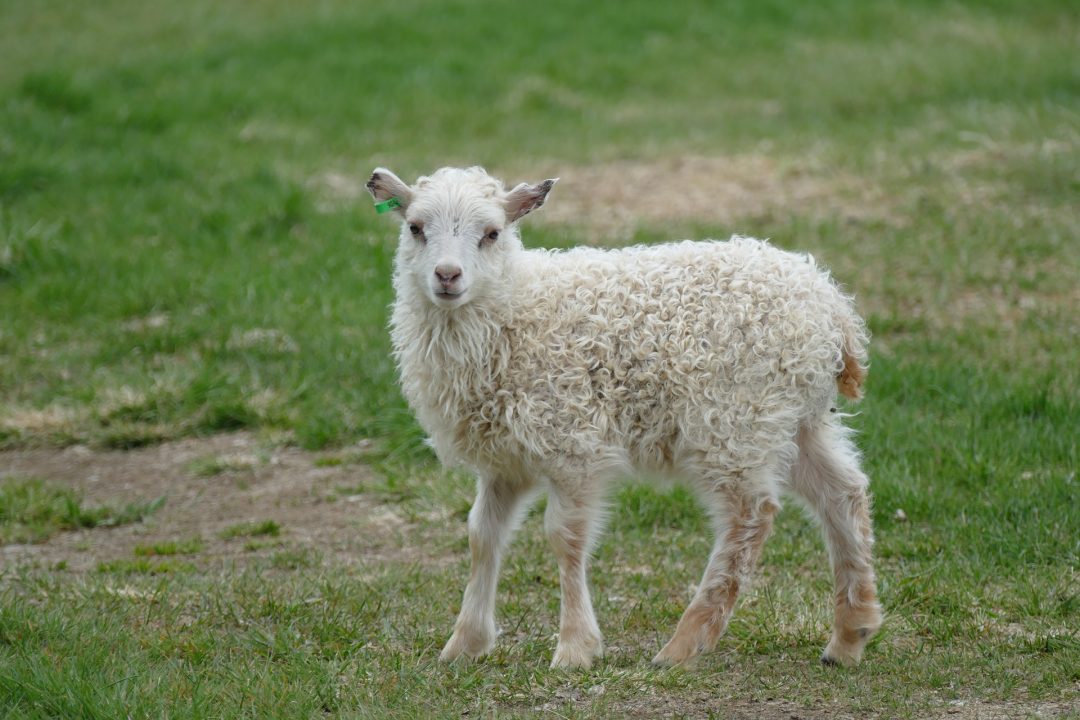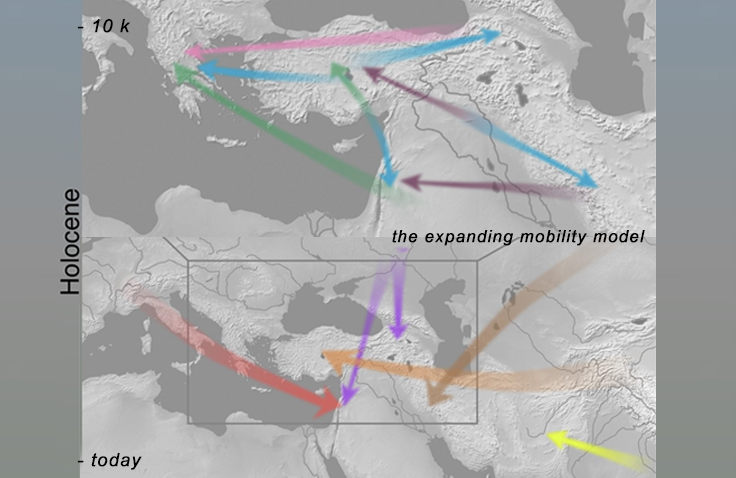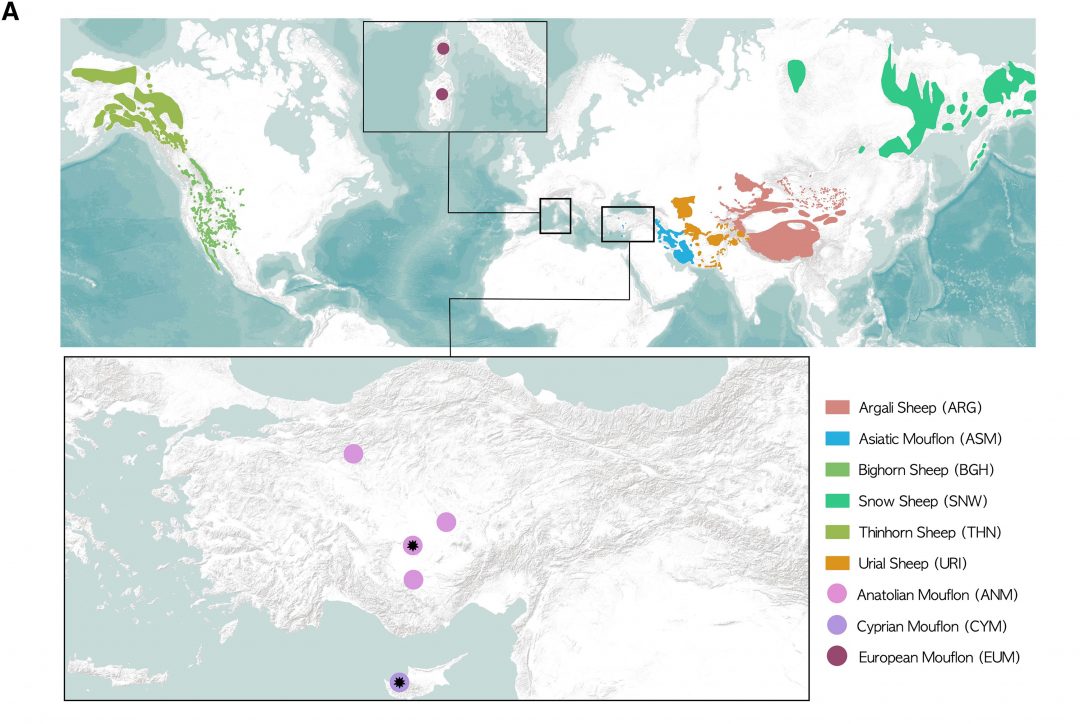Scientists from the NEOMATRIX network published their article titled “Comparison and optimization of protocols and whole-genome capture conditions for ancient DNA samples” in BioTechniques.
Ancient DNA (aDNA) obtained from human remains is typically fragmented and present in relatively low amounts. In this study our researchers investigate a set of optimal methods for producing aDNA data by comparing silica-based DNA extraction and aDNA library preparation protocols. They also test the efficiency of whole-genome enrichment (WGC) on ancient human samples by modifying a number of parameter combinations. They find that the Dabney extraction protocol performs significantly better than alternatives. They further observed a positive trend with the BEST library protocol indicating lower clonality. Notably, their results suggest that WGC is effective at retrieving endogenous DNA, particularly from poorly-preserved human samples, by increasing human endogenous proportions by 5x. Thus, aDNA studies will be most likely to benefit from their results.
The article was authored by Reyhan Yaka, Maja Krzewińska, Vendela Kempe Lagerholm, Anna Linderholm, Füsun Özer, Mehmet Somel, and Anders Götherström.
